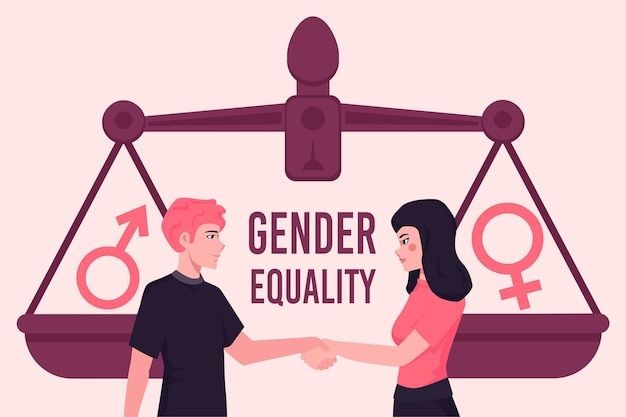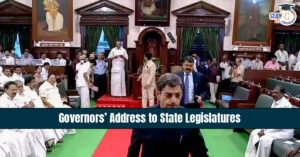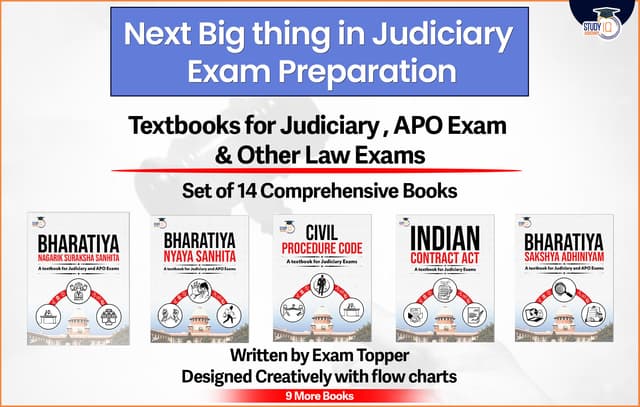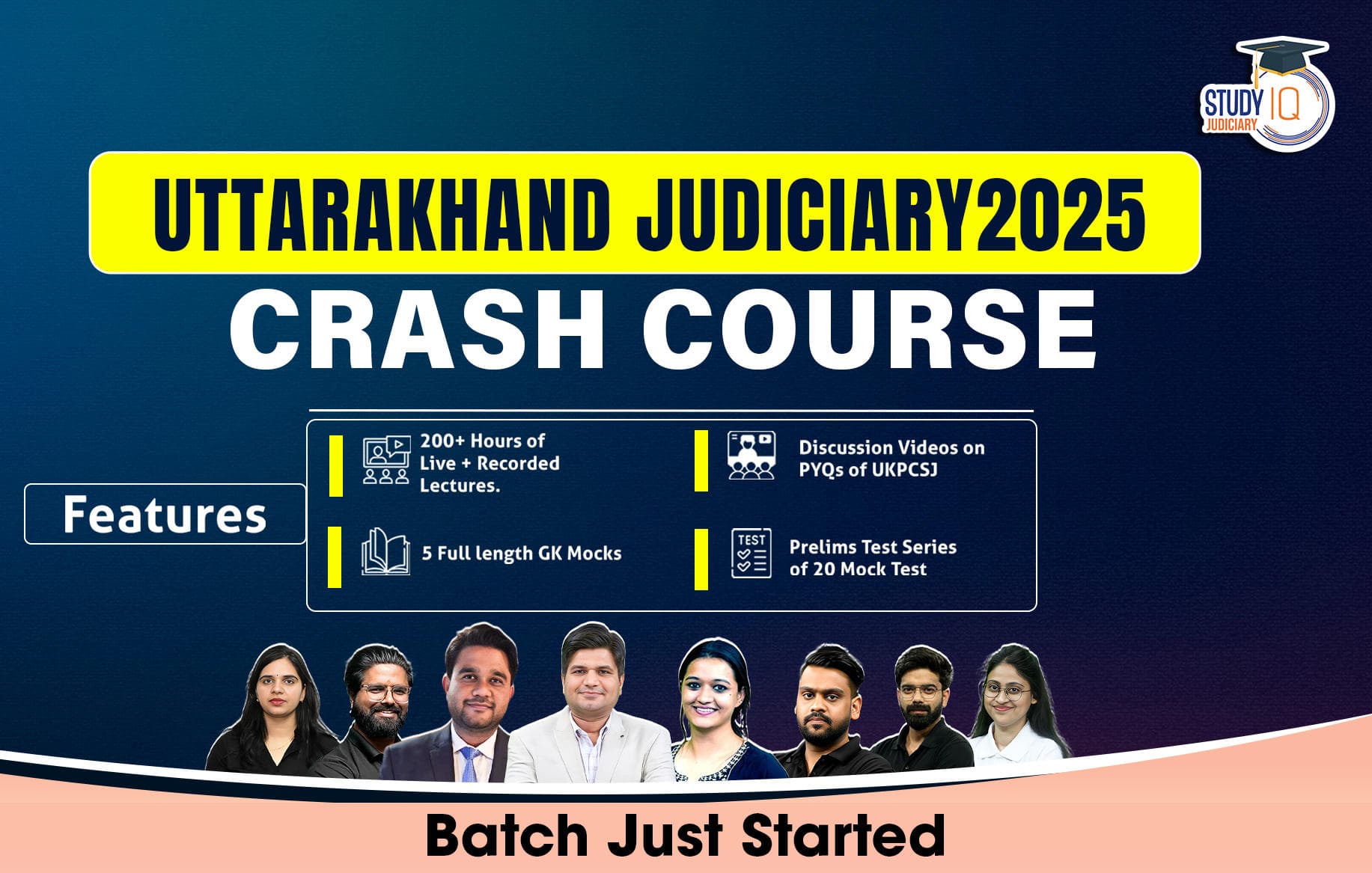Table of Contents
The Constitution of India, enacted in 1950, envisions a society founded on equality, justice, and dignity. Article 15 of the Constitution unequivocally forbids discrimination based on religion, caste, sex, place of birth, or any combination thereof. Nonetheless, the Indian legal framework continues to permit personal laws dictated by religious identities, which frequently sustain systemic gender disparities.
The lack of a Uniform Civil Code (UCC), as stipulated in Article 44, has resulted in a disjointed legal framework regarding marriage, divorce, inheritance, and adoption, leading to the inequitable treatment of women, especially under Muslim Personal Law. The Telangana High Court’s recent findings have re-illuminated this issue, highlighting discrepancies between constitutional obligations and personal laws.

Uniform Civil Code and Gender Justice: Constitutional Vision and the Political Retreat
- The assurance of the Uniform Civil Code is enshrined in Article 44 of the Constitution, a Directive Principle that stipulates:
- “The State shall endeavour to secure for the citizens a uniform civil code throughout the territory of India.”
- Notwithstanding this, India persists in functioning under a diverse personal law framework. In 1955, the passage of the Hindu Code Bill, which codified and reformed the personal laws of the Hindu community, represented a significant advancement in gender equity.
- Nonetheless, a comparable attempt for Muslim Personal Law was notably lacking.
- Prime Minister Jawaharlal Nehru, although voicing support for a unified code, abstained from its implementation, asserting that the “time was not ripe.”
- This judgment is now regarded as a mistake of both omission and commission, where political expediency superseded constitutional loyalty.
- The outcome has been the systematic denial of equal rights to Muslim women, constituting state-sanctioned discrimination that contradicts the fundamental ideals of the Constitution.
Gender Discrimination under Muslim Personal Law
- Although the Constitution forbids discrimination based on sex or religion, Muslim Personal Law persists in endorsing many practices that disadvantage women:
Unilateral Talaq by Men
- A Muslim man can unilaterally initiate a divorce from his wife through talaq within three months, without requiring her approval or providing any rationale. Despite the criminalisation of immediate triple talaq, the issue of unilateral divorce remains, allowing males to abandon women without repercussions.
Burdensome Khula for Women
- Conversely, a Muslim woman must obtain a divorce via khula, necessitating the return of her mehr and the navigation of intricate Sharia protocols, frequently facilitated by male clergy. These procedures are seldom settled amicably and virtually never favour the woman, highlighting a gendered power disparity inherent in the system.
Legally Permitted Polygamy
- Muslim men are allowed to marry a maximum of four wives, whereas Muslim women do not possess this freedom. This evident gender disparity immediately contravenes Article 15, which guarantees equal treatment regardless of sex or faith. The inability to legally contest polygamy illustrates a persistent hesitance to intervene in religious customs, despite their conflict with constitutional protections.
Article 15 and the Contradictions of Personal Law
- Article 15 of the Indian Constitution explicitly articulates:
- “The State shall not discriminate against any citizen on the grounds only of religion, race, caste, sex, place of birth or any of them.”
- This provision directly contradicts the current personal law framework, which permits activities such as polygamy, unequal inheritance, and asymmetric divorce under the guise of religion.
- The ongoing safeguarding of these traditions under Articles 25 to 30, which address the right to freedom of religion and the cultural rights of minorities, has created a paradox: individual rights are undermined in favour of group autonomy, even when such autonomy perpetuates discrimination.
- The All-India Muslim Personal Law Board has successfully opposed legal reforms by citing religious freedom, even though personal laws are subject to constitutional examination, particularly concerning human dignity and gender justice.
Significance and Recent Developments in Gender Justice in India
- Gender justice has become a prominent indicator of constitutional morality in recent years.
- The Indian judiciary, legislation, and civil society have all made significant contributions to the advancement of women’s rights in various sectors. Notable advancements encompass:
Shayara Bano v. Union of India (2017)
- In this landmark case, the Supreme Court deemed the practice of instant triple talaq unconstitutional, establishing a foundation for the recognition of gender equality within religious contexts.
The Muslim Women (Protection of Rights on Marriage) Act, 2019
- After the Shayara Bano verdict, this statute rendered immediate talaq a criminal offence, providing legal recourse for abandoned Muslim women.
Inclusion of Women in Religious Institutions
- In Indian Young Lawyers Association v. State of Kerala (2018), the Supreme Court determined that the prohibition of women’s entry into the Sabarimala shrine was unconstitutional, thereby affirming that religious norms cannot supersede fundamental rights.
Augmentation of Labour Protections
- The Sexual Harassment of Women at Workplace Act, 2013, together with growing demands for the incorporation of women in gig and platform employment safeguards, signifies progress toward achieving comprehensive gender justice.
- However, these reforms are fragmented, and the lack of a comprehensive Uniform Civil Code hinders the complete attainment of legal consistency and gender equality among religious communities.
Gender Justice and the Gig Economy: An Emerging Frontier
- The matter of gender equity transcends religious personal laws and encompasses evolving work settings like the gig economy.
- Women engaged in app-based services (e.g., food delivery, ride-hailing, freelancing) encounter distinct hurdles, including:
-
- Absence of formal contracts or maternity benefits
- Algorithmic bias in task distribution
- Unregulated labour hours and compensation structures
- Exposure to harassment without remedial measures
- Although acknowledged under the Code on Social Security, 2020, gig workers, particularly women, continue to be statistically obscured due to their imprecise categorisation in the Periodic Labour Force Survey (PLFS).
- The paucity of gender-disaggregated statistics and the absence of gender-specific welfare programs persist in excluding women from comprehensive labour protections.
- Recent initiatives, such as e-Shram registration and digital health coverage programs like Ayushman Bharat, strive to mitigate these deficiencies but fail to establish a comprehensive, gender-inclusive social safety net for platform-based workers.
The Role of the Judiciary in Advancing Gender Justice
- The Indian judiciary frequently addresses the void left by political inertia.
- Courts have employed the notion of constitutional morality to uphold justice, from the Hindu Code Reforms to the abolition of discriminatory religious rituals.
- In Sarla Mudgal v. Union of India (1995), the Supreme Court highlighted the pressing necessity for a Uniform Civil Code, asserting that without such a code, individuals may exploit personal laws, particularly in instances of religious conversion for the purpose of polygamy.
- In John Vallamattom v. Union of India (2003), the Court underscored the necessity of abolishing discriminatory elements within religious personal laws.
- These judgments illustrate a progressive judicial tendency in which personal legislation is evaluated against the standards of fundamental rights, particularly Articles 14 and 15.
- The judiciary has reaffirmed that religious freedom does not encompass activities that contravene human dignity and gender equality.
Relevance in the International Arena
- India is a signatory to various international human rights treaties, including:
-
- The Convention on the Elimination of All Forms of Discrimination Against Women (CEDAW)
- The Universal Declaration of Human Rights
- International Covenant on Civil and Political Rights (ICCPR)
- India is mandated by CEDAW to remove or amend laws that discriminate against women, regardless of their origins in customs, religion, or tradition.
- The persistence of gender-discriminatory personal laws places India in breach of its international obligations.
- Numerous nations with substantial Muslim demographics, such as Tunisia, Turkey, and Morocco, have amended religious legislation to abolish polygamy, provide equitable divorce rights, and establish gender-equal family laws, illustrating that reform is not incompatible with faith, but rather an essential progression of it.
Towards a Harmonious Legal Future
- The debate surrounding the Uniform Civil Code transcends mere religious or traditional considerations; it pertains to the essence of the Indian Constitution.
- It concerns ensuring that citizens are treated equitably, regardless of their religious affiliation or gender.
- The objective is to emancipate women from legal frameworks that regard them as subordinate citizens.
- The UCC, as initially conceived, requires implementation via extensive engagement, gradual reform, and adherence to constitutional principles.
- The Telangana High Court’s recent remarks indicate that it is necessary to address the discrepancies between constitutional demands and personal law practices.
- An equitable society cannot thrive alongside legal systems that perpetuate injustice. India must transcend appeasement politics, get beyond selective change, and establish a legislative framework that guarantees justice, dignity, and equality for all its citizens.


 Trial by Social Media: Public Shaming, D...
Trial by Social Media: Public Shaming, D...
 Governors’ Address to State Legislatur...
Governors’ Address to State Legislatur...
 Mandating Prior Approval for Corruption ...
Mandating Prior Approval for Corruption ...



















